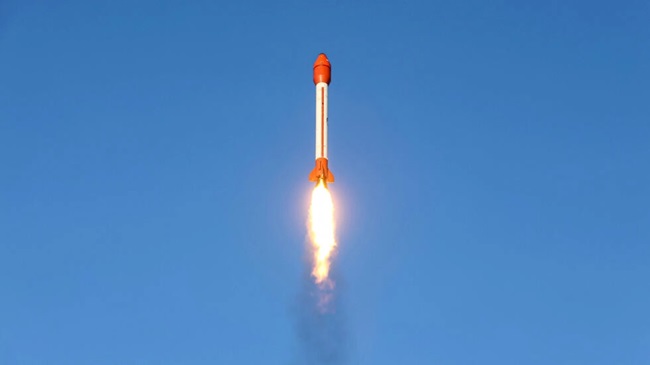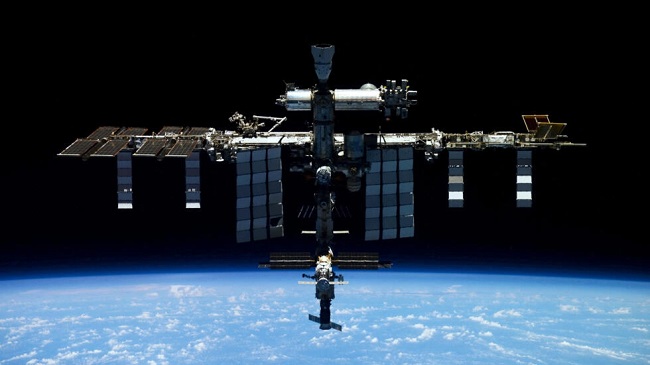27, November 2024
Yaoundé: Digital rights advocates find gaps in Biya regime’s data protection bill 0
Internet and digital rights advocacy organization, Paradigm Initiative, as well as other rights advocates in Cameroon have hailed the country for introducing a dedicated personal data protection draft legislation, but believe there are gaps and inadequacies that must be addressed before the text is operationalized.
Government tabled the bill at the National Assembly on November 13. On November 19, Posts and Telecommunications Minister, Minette Libom Li Likeng, defended the draft bill before members of the Committee on Constitutional Laws, explaining the content of the text and the crucial role it will play in driving the country’s digital economy growth.
Beyond the potential gains of the law which is expected to be examined during a plenary debate session in the National Assembly this week, Paradigm Initiative points out a few aspects which have to be considered.
The organization said in a news release that while the bill represents “a critical step forward in protecting privacy in an era dominated by data-driven technologies,” it also raises concerns about certain provisions, questioning potential effectiveness of the bill whenever it is enacted.
One area of concern for Paradigm is the independence of the Personal Data Protection Authority, as outlined in Section 53.
It says the appointment of the Authority by the Head of State raises questions about its ability to operate without political influence, which is crucial for impartial enforcement of the legislation.
In the same vein, it also mentions the provision under Section 9(2) of the bill which says consent of a data subject may not be required for tasks deemed in the ‘public interest,’ including matters of health.
“Without judicial oversight or clearer definitions, PIN warns that this clause risks being misinterpreted or misused. Paradigm Initiative believes there is a unique opportunity to address these gaps during parliamentary deliberations, ensuring that the law is not only progressive in theory but also practical and effective in protecting citizens,” the organizations says.
“Cameroon’s Personal Data Protection Bill is a significant achievement and demonstrates a growing recognition of the need for strong data protection frameworks across Africa,” said Khadijah El-Usman, senior programmes officer, Anglophone Africa, at Paradigm Initiative.
“We urge legislators to address the ambiguities in the bill and ensure its implementation is backed by adequate capacity to monitor compliance and protect citizens from data exploitation which includes but is not limited to financial independence,” she added.
Paradigm mentions that because tech companies continue to mine data on a global scale, Cameroon’s progress in the area of data protection “signals a promising step toward greater accountability in the digital age.”
“Its provisions lay the groundwork for enhanced personal data protection and align Cameroon with global efforts to address the risks of data misuse. With proper implementation and oversight, the country could join others in holding violators accountable and protecting the digital rights of its citizens.”
Rights campaigner also picks holes in bill
In another reaction to the bill, Cameroonian digital rights advocate and one of those who campaigned for the introduction of a personal data protection legislation in Cameroon, Colbert Gwain, called the move a “proactive” step against “unlawful data exploitation,” but nonetheless picked some holes in the draft legislation.
He told Biometric Update in a message that “it’s always a nice day to see that what you have been advocating for years comes to pass,” but quickly noted that the bill “comes with its own shortcomings, including the fact that the legislator intentionally gives broad definitions to some terms which may be subject to varied interpretations.”
“The bill also misses out on a major aspect of personal data which is metadata. It also fails to provide guarantees for whistleblowers that may disclose information or data for public interest. Another shortcoming, which must quickly be addressed before the bill finally goes through Parliament, is the neutrality of the Data Protection Authority, given that the bill allows for the President of the Republic to create the body and appoint its members,” Gwain says.
He further notes: “We haven’t seen enough of judicial and parliamentary oversight weaved into the bill. Plus, the chilling fact that most of the articles of the bill need separate instruments to activate their application. Also, for those living in the two English Speaking regions of Cameroon, the bill doesn’t address the thorny issue of defense and security officers unlawfully and arbitrarily infringing on their privacy under the pretext of national security and public order. This is usually exemplified by frequent phone searches that usually lead to the incrimination of citizens.”
While Gwain believes the bill is a good step forward, he however holds that it will make more sense if the government considers the introduction of a comprehensive digital rights bill, to guarantee certain freedoms online.
“Cameroonians’ right to internet access and affordability are not yet guaranteed. Without a comprehensive digital rights bill for Cameroon that prohibits internet shutdowns in the whole or parts of Cameroon, as obtained in 2017, where the internet was shut down in the two English-Speaking regions of Cameroon under the pretext of national security and public order, the personal data protection draft piece of legislation will have no value,” Gwain argues.
“The internet must not only become a public good but we must have a bill that expressly stops Cameroonians being held Incommunicado from becoming a norm. I also expected our legislator to be foresighted enough to begin to align our digital legislation to the decentralization process that Cameroon is currently involved in. What about proposing a forward-looking legislation that gives powers to municipal authorities to create bandwidth centers and only purchase internet from ISPs, rather than allowing individual internet users to purchase expensive internet?” he wonders.
“We need a legislation that could decentralize internet services the way roads, water, and education services are being decentralized to regional and local authorities.”
Culled from BiometricsUpdate


























10, December 2024
Biya’s live facial recognition project still trying to identify a banker 0
The President of Cameroon, Paul Biya, last week directed his government to source for money from a Chinese bank for the partial financing of a national video surveillance project with live facial recognition.
The move comes weeks after another Chinese partner, China Construction Bank Corporation (CCBC), decided to discontinue negotiations to offer the government a loan of FCFA 33 billion (approximately US$52 million).
In a decree signed on December 2, the president asked the Minister of the Economy, Planning and Regional Development, Alamine Ousmane Mey, to sign a loan agreement with the Shenzhen branch of China Citic Bank Corporation Ltd worth $52 million for the partial financing of the project’s second phase.
At the close of September, Cameroon’s debt management company (CAA) disclosed in a public debt report that CCBC had decided to withdraw from the deal. Although the CAA’s report didn’t mention CCBC by name or the reason for the withdrawal, it is clear that an authorization had been given in 2021 to contract a loan with the bank for the project, as reported by Business in Cameroon.
In March this year, the government also got presidential authorization to secure another loan from the Hong Kong branch of Banco Santander for the same project.
The funding from these two banks, when obtained, will enable the government to start the second phase of the facial recognition project which will see the construction of command and data centers in each of the ten regional capital of the country, installation of base stations, and the inter-connection of police services for more efficient crime detection.
Phase I of the project has already been completed with hundreds of CCTV camera planted in the two largest cities of Yaounde and Douala, as well as in other regional cities. This phase has already seen the construction of two major command centers, the second of which was inaugurated last year in Douala.
Apart from capturing crime scenes, the system is meant to record traffic accidents, disruption of road traffic such as through violation of traffic lights, or any other form of urban disorder that warrants prompt police intervention.
It is being implemented by the General Delegation for National Security (DGSN) in partnership with Cameroon’s state-owned telecommunications company (CAMTEL) and Chinese tech giant Huawei. Huawei supports similar video surveillance projects in other African countries in what appears to be a growing trend across the continent.
The video surveillance projects, despite the advantages touted by governments, have faced criticism from digital rights advocates over concerns related to privacy and human rights.
Source: Biometricupdate